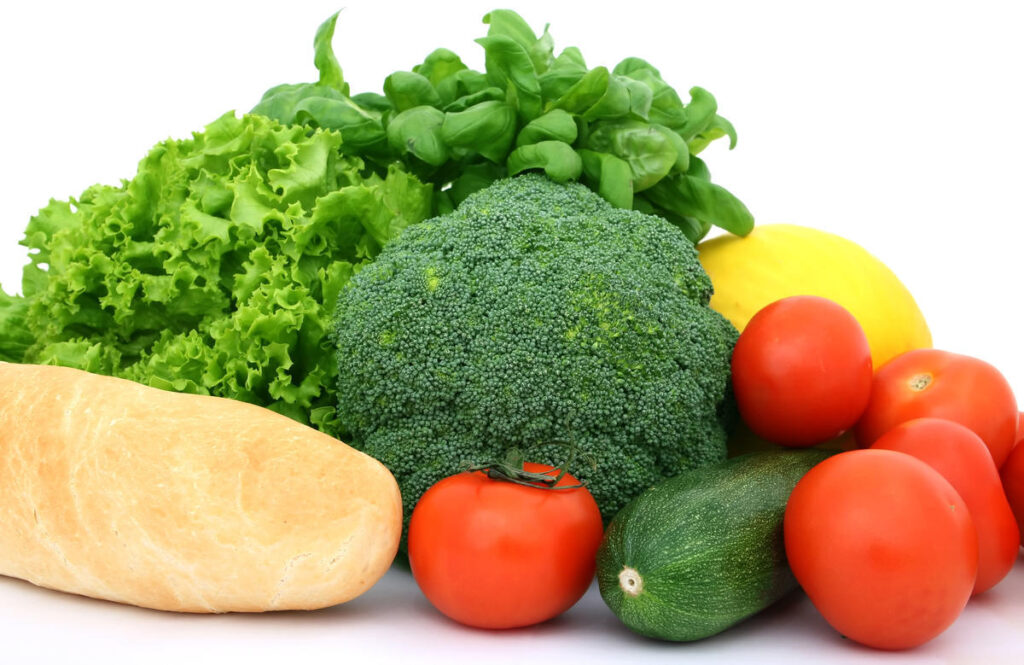Your body is a temple and your heart is its life generator. Your heart is a muscle that weighs around 300 to 400 grams, and it supplies power to your body. Without this power supply, everything starts to deteriorate. Your organs, such as the liver, kidney, and other parts of your body, require a constant supply of oxygen-rich blood to stay alive and perform their functions. It is no wonder that the Bible emphasizes the importance of protecting our hearts in Proverbs 4:23, which states, “Keep your heart with all vigilance, for from it flow the springs of life.“
When the heart stops, organs start to deteriorate, however, blood needs to keep moving. That’s why when we have cardiac arrest and heart attacks, it’s more important that you keep the heart pumping by performing chest compressions, For a happy heart makes a face cheerful, but heartache crushes the spirit- Proverbs 15:13
In this article, I have compiled a list of heart-healthy foods that can help lower the risk of heart disease and keep your heart healthy and happy.
Foods that Can Lower the Risk of Heart Disease
Fatty fish
According to the American Heart Association website, Regularly eating fish and seafood is consistently associated with a lower risk for cardiovascular disease. Fatty fish is also a good source of omega-3 fatty acids suitable for your heart. Research has shown that omega-3 fatty acids can reduce your risk of heart disease and stroke. Fatty fish like salmon, mackerel, trout, and sardines are rich in omega-3 fatty acids and have been shown to lower triglycerides, reduce blood pressure, and decrease the risk of abnormal heart rhythms.
Nuts and Seeds
Almonds, walnuts, chia seeds, flaxseeds, and hemp seeds are excellent sources of healthy fats, fiber, and antioxidants that can help lower harmful cholesterol levels (LDL) and reduce inflammation. Walnuts are rich in ALA—alpha-linolenic acid, a plant-based essential fatty acid that helps lower your cholesterol and can destroy plaque formation. Regular intake of nuts and seeds can reduce the risk of heart disease and stroke, according to a study from the University of Oslo. Diets high in nuts and seeds can lower cholesterol levels and reduce the risk of heart disease.
Whole Grains
Foods like whole wheat, brown rice, oats, quinoa, and barley contain soluble fiber, which can help reduce LDL, lower cholesterol levels, and improve heart health. Wholegrain fiber also enables you to feel fuller for longer, which can help with weight management. The Heart and Stroke Foundation of Canada website reported that People who eat three or more servings of whole grains daily have up to 30 percent less risk of developing heart disease than those who rarely eat whole grains.
Berries
Blueberries, strawberries, raspberries, and blackberries are rich in antioxidants, including flavonoids, associated with a reduced risk of heart disease. Blueberries and strawberries contain anthocyanins, which counter plaque buildup in coronary arteries. Some leafy greens and other vegetables, such as beet, are rich in nitrates.
Leafy greens
Spinach, kale, Swiss chard, and other dark leafy greens are packed with vitamins, minerals, and antioxidants that can support heart health. A study finds consuming a cup of leafy greens daily lowers blood pressure and reduces heart disease risk.
Avocados
Avocados contain Dietary fiber and monounsaturated fats, which can help lower harmful cholesterol levels (LDL) and raise good cholesterol levels (HDL). Clinical trials have found avocados positively impact cardiovascular risk factors, including high cholesterol.
Legumes
Spill the beans for a healthy heart. Beans, lentils, chickpeas, and peas are high in fiber and protein while low in saturated fat, making them beneficial for heart health—legumes contain antioxidants and vital minerals and nutrients like folate, iron, and magnesium. Legumes are also high in protein and fiber and have a low glycaemic index (GI), keeping you satiated for longer.
Tomatoes
Tomatoes are high in vitamin C, potassium, and lycopene. Lycopene is a powerful antioxidant that may help reduce the risk of heart disease. Regular eating of tomatoes can reduce the risk of heart disease and lower the risk of stroke.
Garlic
Garlic has been associated with various cardiovascular benefits, including improved blood pressure and cholesterol levels.
Olive oil
Extra virgin olive oil is a heart-healthy alternative to saturated fats and is rich in monounsaturated fats, which can support heart health.
Dark chocolate
Dark chocolate, with over 80 percent cacao, has a high antioxidant count. Dark chocolate with a high cocoa content (80% or more) contains flavonoids, which may positively affect heart health when consumed in moderation.
Green tea
Green tea is rich in antioxidants called catechins, which may improve blood vessel function and reduce the risk of heart disease.
Maintaining a heart-healthy diet is crucial in protecting our hearts and reducing the risk of heart disease. Including these foods in our daily eating habits can promote heart health and help ensure a healthy cardiovascular system. As Proverbs 14:30 says, “A peaceful heart leads to a healthy body; jealousy is like cancer in the bones.”
It’s important to know that while these foods can contribute to a heart-healthy diet, an overall balanced and varied diet, regular physical activity, and maintaining a healthy weight are crucial for reducing the risk of heart disease. It’s always best to consult a healthcare professional or a registered dietitian for personalized dietary advice if you have specific health concerns or conditions.



